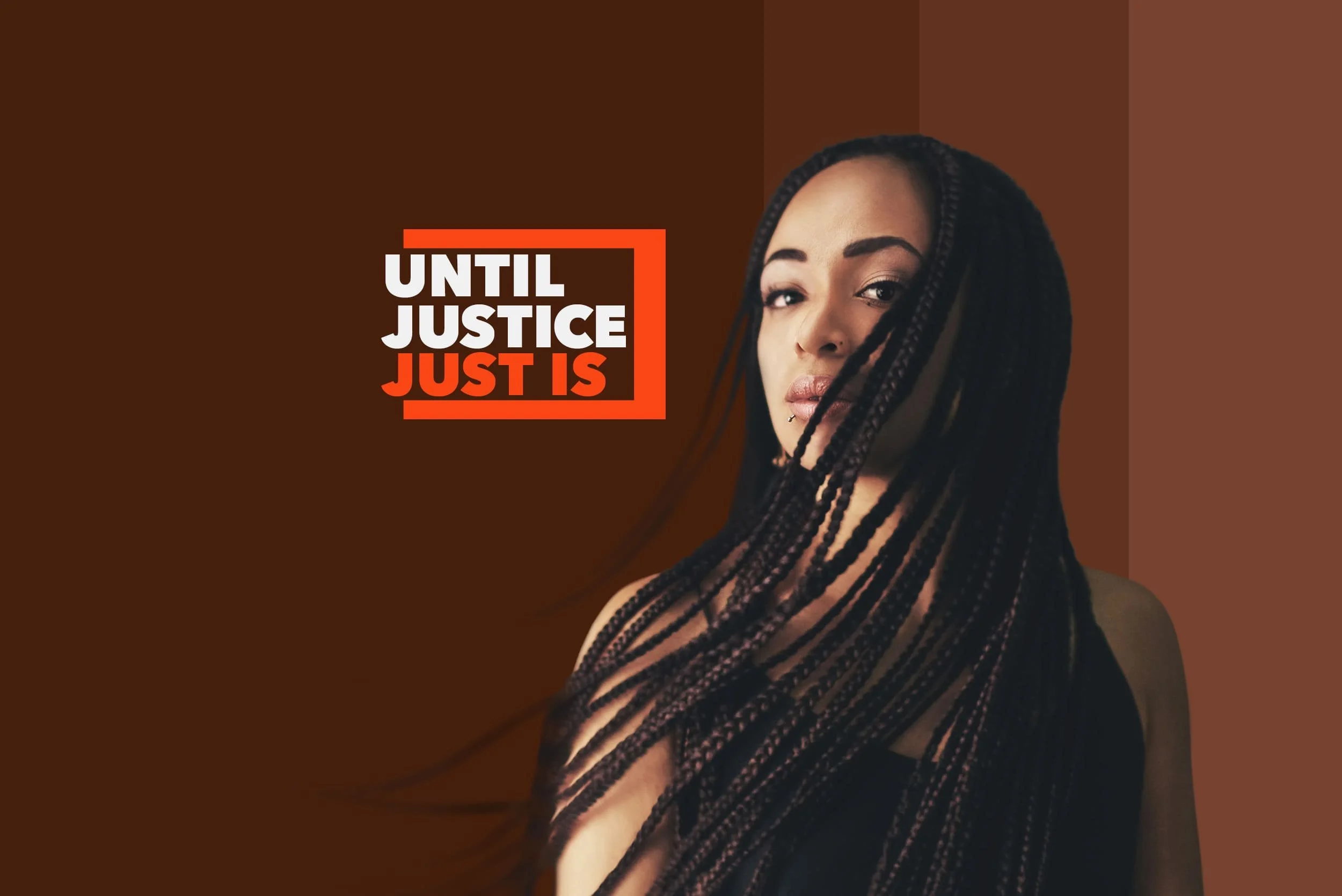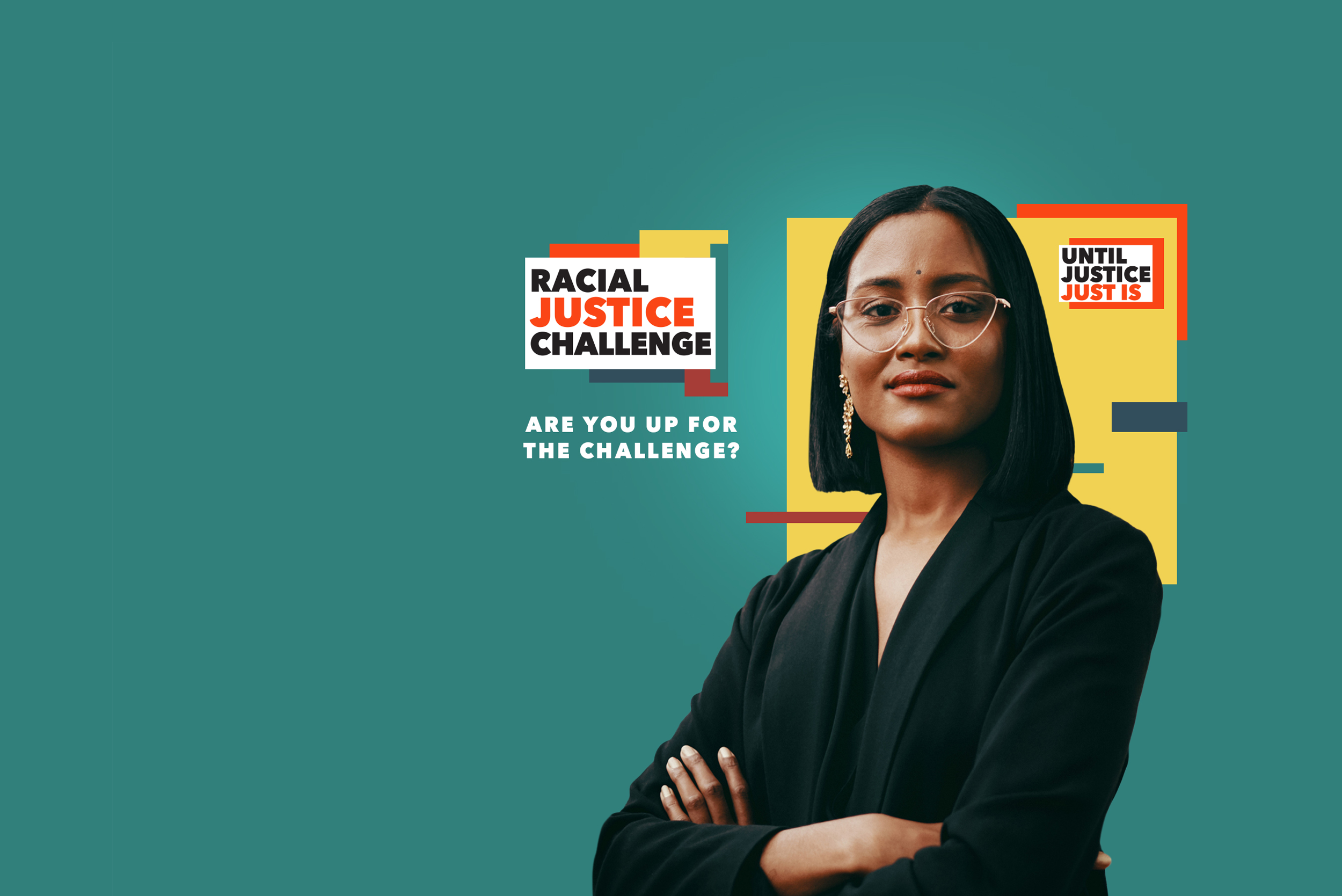YWCA is dedicated to eliminating racism, empowering women and promoting peace, justice, freedom and dignity for all.
We’ve been at the forefront of the biggest issues of the day for 165 years, working to improve the lives of women, girls, and communities of color through three Areas of Focus:
-
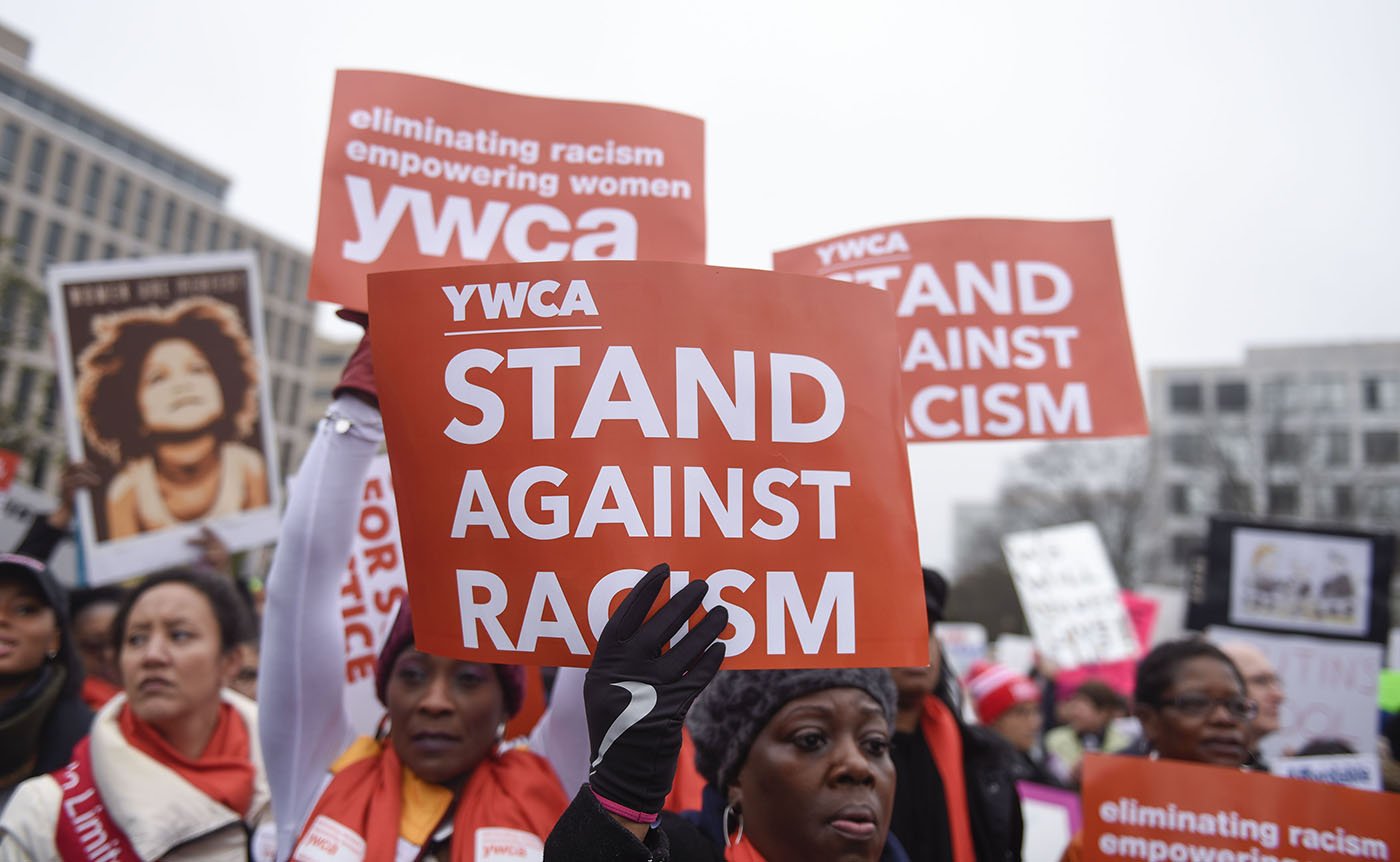
Racial Justice & Civil Rights
-

Empowerment & Economic Advancement
-

Health & Safety
Our impact to end racism and empower women
YWCA USA is a strong nationwide network.
In 2022, 136 of our local associations served 997,454 people through 860 programs. 71% of the people served are people of color and 59% are woman and girls.
-
997,454
women, girls and families enrolled in YWCA local associations nationwide
-
256,744
women, girls and families benefiting from prevention programs focused on sexual assault, trafficking, domestic violence and more
-
76,133
community members involved in programs to eliminate racism
-
70,742
women, girls and families being empowered, advancing economically and becoming leaders through YWCA programming
-
114,013
women, girls and families benefiting from YWCA health, wellness, recovery and training programs
-
31,900
women, girls and families finding security in YWCA housing, food assistance and immigration assistance programs
-
19,682
people accessed girl's empowerment programming to advance economically and become leaders
-
66,373
people accessed services through childcare and child development and family support programs
-
130
local associations participated in the Racial Justice Challenge
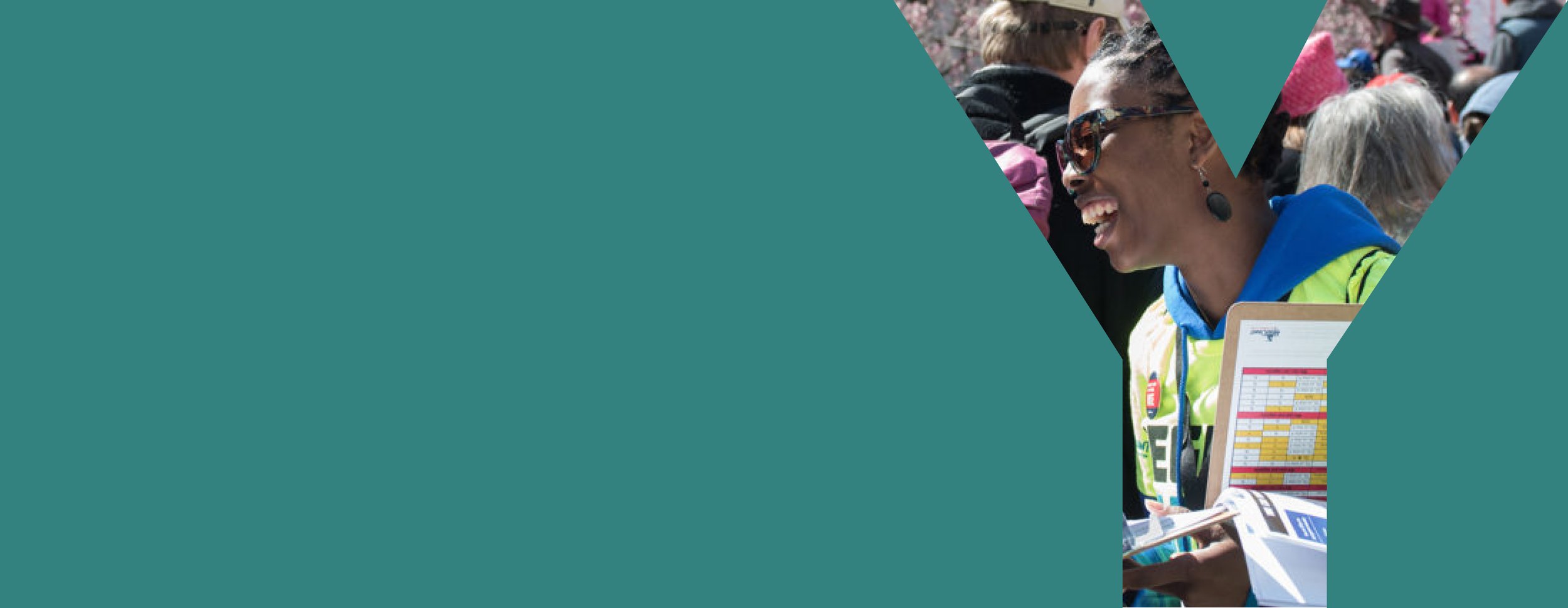
Ways to Get Involved
in our Mission
Your voice matters as we stand up for social justice, help families and strengthen communities.

-
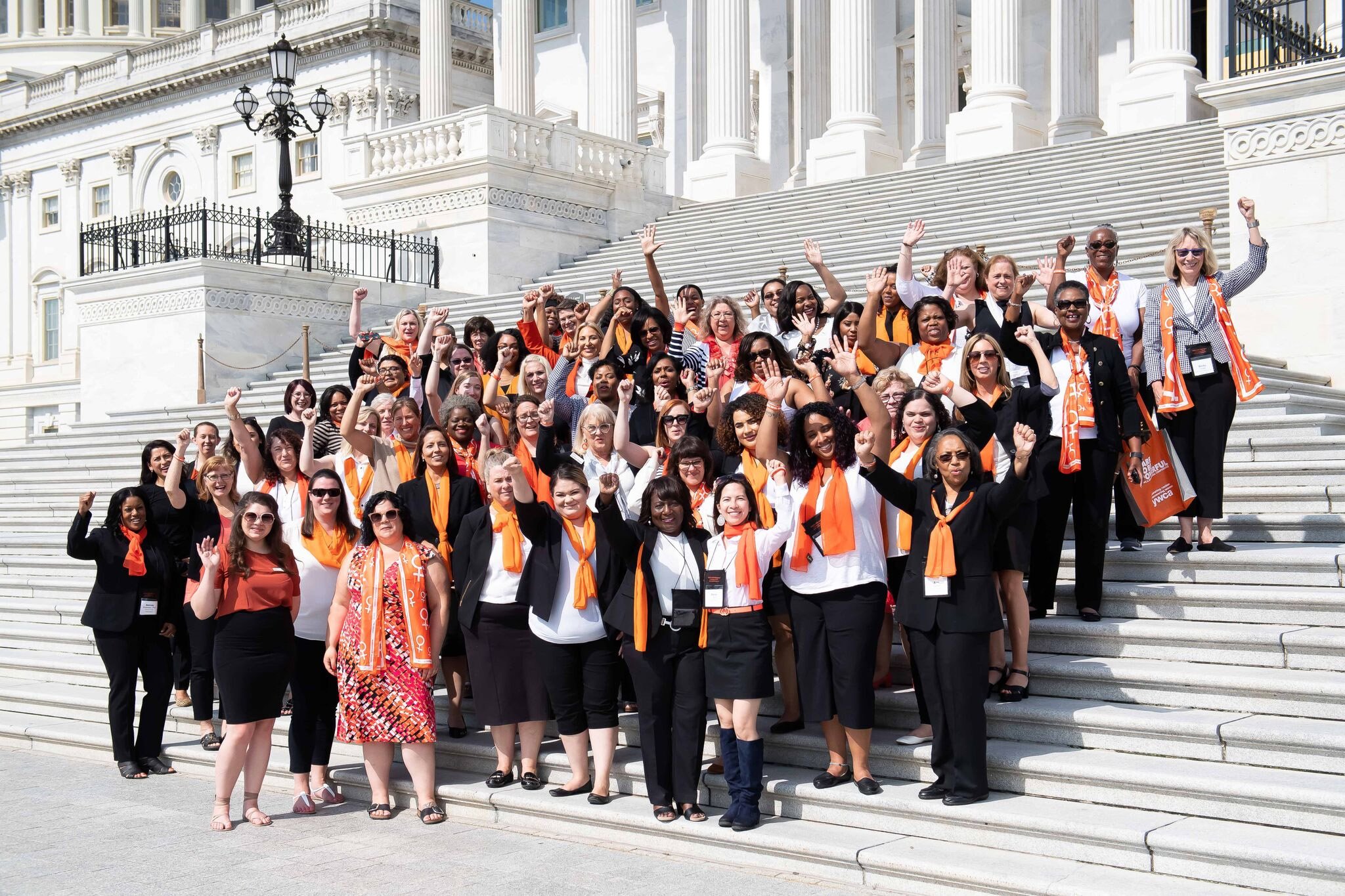
Become a YWCA Advocate
We invite you to join us and take action on health, economic, safety, and racial justice priorities directly affecting women and communities of color.
-

Be a Donor
Strengthen our support for associations around the country and fund robust advocacy efforts to educate and partner with lawmakers on policies that advance our mission .
-
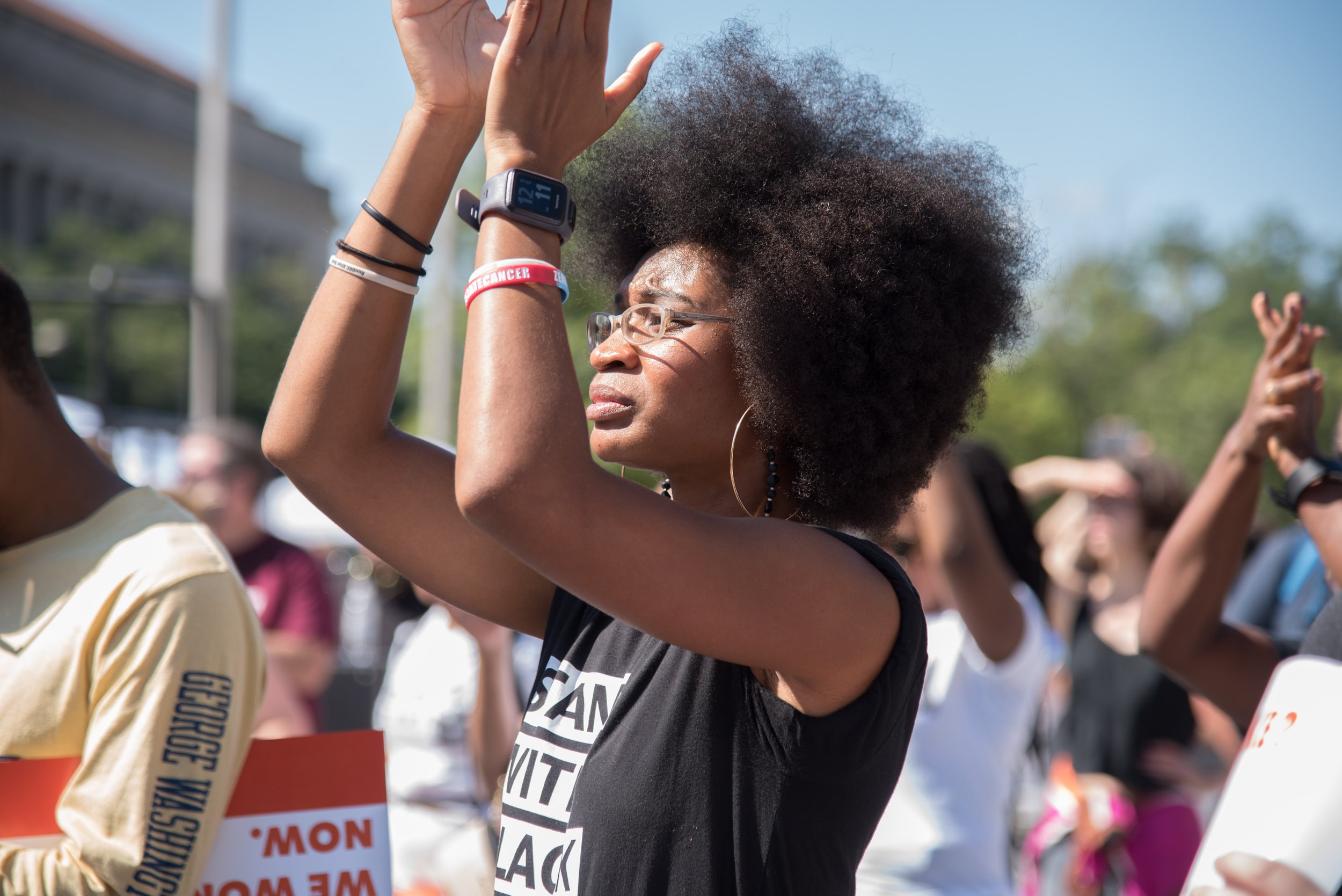
Join Our National Campaigns
Our annual national campaigns are crucial to realizing our mission by creating awareness around racial and gender justice issues and engaging our YWCA network and partners in this work.
What’s Happening

Reproductive Justice:
Abortion Access
On June 24, 2022, the Supreme Court of the United States overturned the landmark case, Roe v. Wade. For the first time since Roe was decided on January 22, 1973, abortion is no longer constitutionally protected in the United States. State governments now hold the power to determine where abortion care will be available, and states around the nation are working diligently to ban access to abortion in the wake of this decision. As we navigate a world without Roe’s constitutional protections, advocates have taken to the polls and to the streets pushing for accessible abortion care and the right to reproductive care—and YWCA continues to advocate at federal, state, and local levels to restore this essential right.

